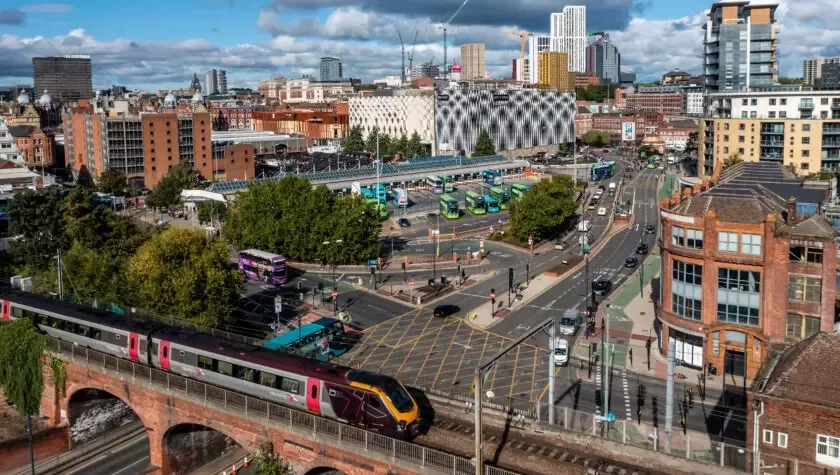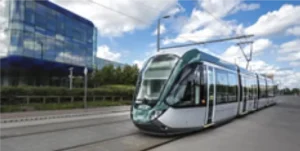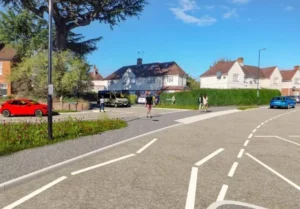Urban transport will remain essential in the future even though transport needs are changing but any decisions the industry makes must be done based on evidence, according to James Heath, Chief Executive of the National Infrastructure Commission (NIC).
Mr Heath gave a speech to the Move 2023 conference in London today this week that explored the questions and emerging themes which are shaping the commission’s work on urban transport ahead of the publication of the UK’s second National Infrastructure Assessment later this autumn.
“While urban transport, under almost any scenario, will remain essential, there is more of an open question about whether our transport needs will be the same as they were before. There is a risk that we respond to this uncertainty with inaction – and that a ‘wait and see’ approach leads to under-investment in transport in the long run. At the same time, we need to be weary of making decisions based on wishful thinking that travel and work patterns will revert to the status quo ante,” he told the audience.
The speech considered how transport planning can reduce congestion and boost city growth, while supporting net zero goals.
“A key infrastructure need of UK cities is sustainable transport systems. I imagine that most of us in this room rely on transport in one form or another in our daily lives, and we’ll all have certainly relied on it to get here today. On average, each person in England made over 750 trips across all transport modes in 2021, despite the disruption,” Mr Heath said.
“Transport – our streets, roads, bridges and traffic flows – are part of the urban glue that binds together individual buildings and determines the identity of a city. In post-war Britain, we re-shaped many of our cities around the motorcar. Birmingham become notorious for its pedestrian-unfriendly network of ring roads and dual carriageways. My home town of Leeds even boasted in the seventies of being ‘the motorway city’. Fast forward to today, and these same cities are making different transport choices and transitioning away from a dependence on the car with improved public transport, clean air zones, and park and ride schemes,” he added.
The benefits of transport to us as users are multiplied by the wider returns to places from transport’s role in shaping business investment and location decisions. Each city in the UK has different economic strengths and strategic opportunities that transport can help to unlock, said Mr Heath. “Our roads and railways are a means – economic growth is the end. And it is transport’s role in increasing the productivity of our cities that I want to focus on today.”
“Our starting point at the Commission is that travel is generally a good thing that should be supported – not a bad thing that should be suppressed. If we want to reduce this country’s regional economic disparities, then we’ll almost certainly need to sustain trips into and around many of the cities in the North and the Midlands,” he went on to say.
“Transport strategies in our cities will need to be adaptable to different capacity and connectivity needs if they are going to support economic growth. And they will need to keep our cities moving in ways that address congestion and carbon if they are going to be sustainable. Smart technology has a role to play in informing emerging plans with real time data, and making those schemes better reflect contemporary needs once they are delivered.”
The rest of his speech can be read here: James Heath: The future of transport in UK cities – NIC
























